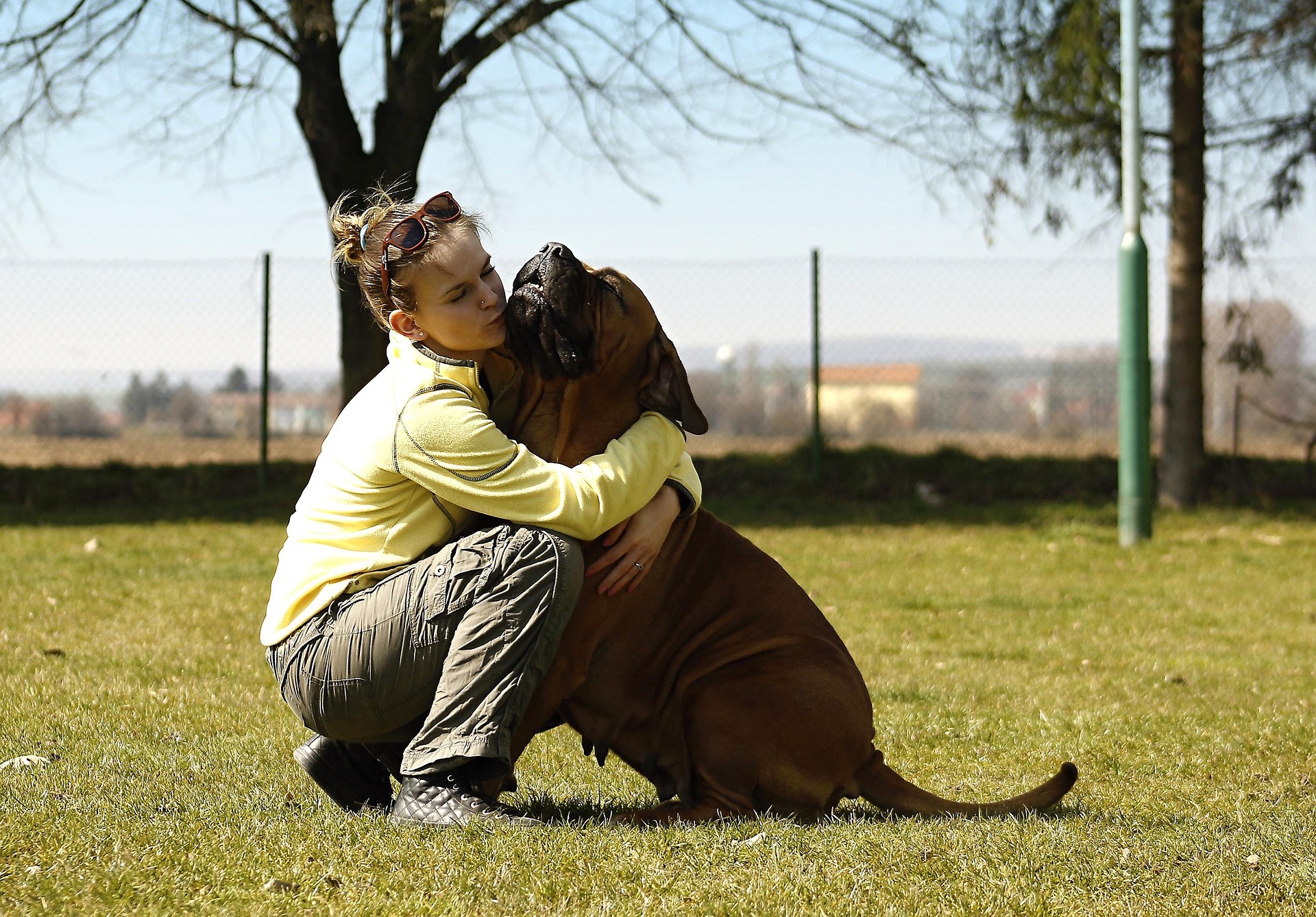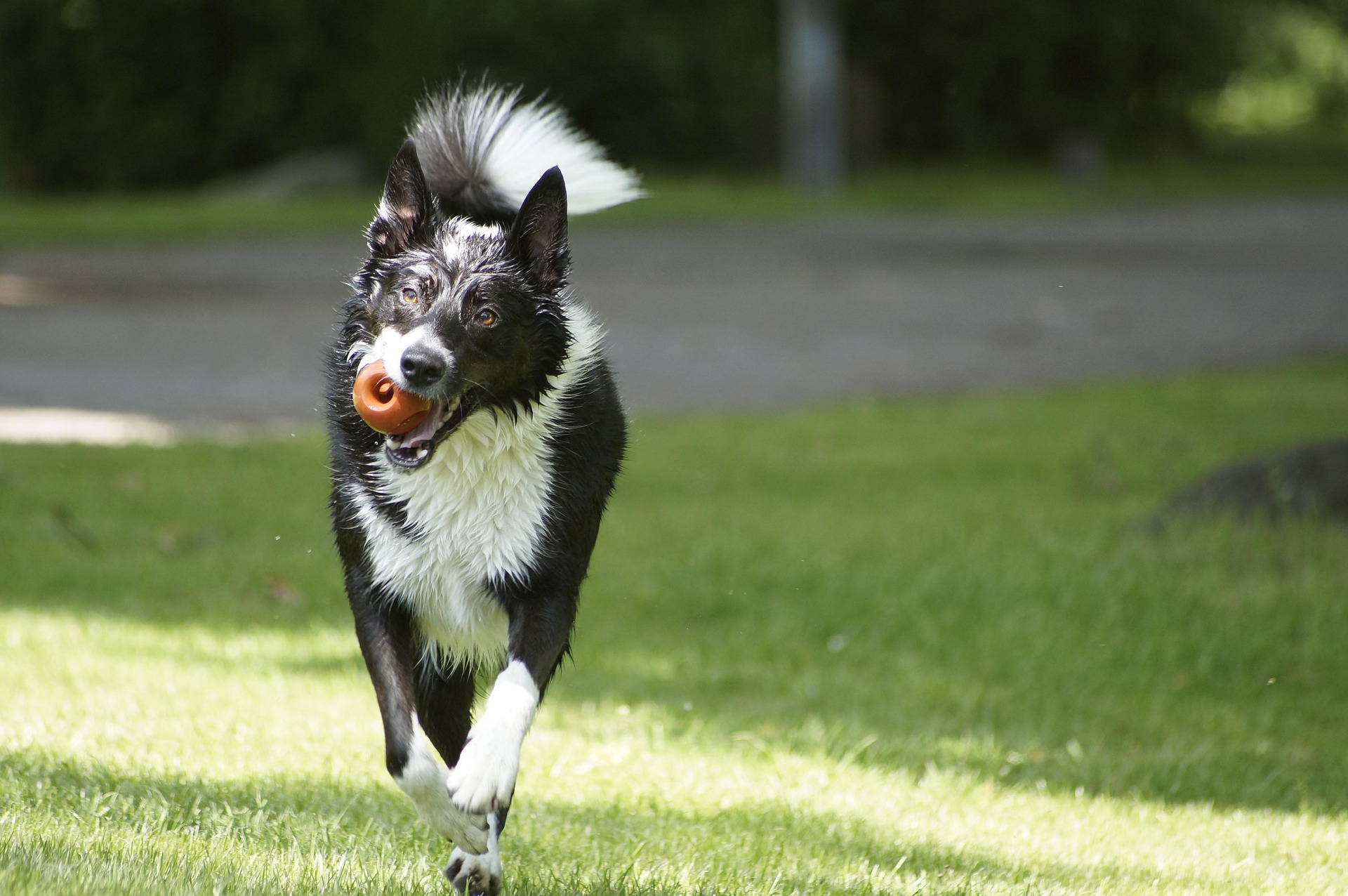Every pet owner dreads the thought of their beloved fur baby getting lost or going missing, but sadly it does happen. Some cats and dogs love to dash outside if the front door is opened and escape. Others may leave beyond the fenced backyard out of curiosity’s sake. Outdoor pets are at greater risk of this scenario, but indoor pets can get lost too if you’re not careful. Whatever may happen, there’s nothing more upsetting than not knowing where your pet is and they’re lost.
We know all about having that feeling of anxiety and stress that comes with lost pets. The best way to protect your pet from that unfortunate sort of event is to prevent it from happening in the first place. Here are some tips on how to best protect our pets from getting lost or going missing.
1. Always Hold on to Your Record of Ownership
By holding on to the papers that certify you as a pet owner, you can ensure that if anything should happen to your pet that you have the documentation on hand when you need it. This paperwork should include an up-to-date phone number and address where you can be reached if your pet is found.
2. Make Sure Collars are Always Worn
While some cats and dogs don’t like them, nevertheless a collar with an ID tag should be kept on your pet at all times. Wearing a collar and ID is a requirement in some housing areas, such as apartment buildings and townhouses.
You must keep the name tag’s contact information up to date too, as you would with your record of ownership. Most pet stores offer name tags and collars for purchase if you need a new one.
3. Invest in a Microchip or Tattoo
Collars are always helpful when it comes to identifying pets, but they’re not failproof solutions. A collar can fall off a pet if they get caught on something when a pet is running, or they can fall off, or you may have been trying to put it on your pet and they ran away instead. Not all pets like to wear a collar either (even though they have to!).
Ear tattoos are one way to identify a pet. They’re usually provided to kittens and puppies when they get spayed or neutered. The ear tattoo will usually consist of numbers and letters registered at your local veterinary clinic, which you can report if in the event you’re the one who found a lost pet and they have this number.
Microchips are more readily available than ever before. This form of ID is implanted into your pet’s skin. It’s less visible but it’s still an effective form of identification. If a lost pet is found without a collar, the veterinary clinic or animal shelter can scan the microchip in order to access your contact information.
These sorts of pet identification are worth investing in if you’re ever concerned about your pet getting lost. They can speed up the process of reuniting owners with their lost pets tremendously!
4. Be Safe While Outside
No animal can resist the call of the wild outdoors, but it is our responsibility as pet owners to protect them from harm. Always keep your dog on a leash when out for a walk or when outside. Be aware of outdoor dangers such as traffic, unfamiliar animals, and anyone who doesn’t concern themselves with your pet’s best interests.
By practicing safe outdoor activities, you will not only bond with your pet but also ensure their safety and health. For more tips on staying safe, you can read our past article; if you’d like to prevent emergencies from happening at all, we have some tips about that too which you can read here.
5. Considering Spaying or Neutering Your Pet
Several studies have shown that a disinterest in roaming is one of the main aftereffects of neutering or spaying pets. When a dog or cat is in heat, they’re more likely to create all sorts of problems and discomfort to their owners. This can include hyperactivity, noise, and acting inappropriately. Roaming is when a female dog in heat will leave their home in search of a temporary mate. The end result is usually a litter of puppies to worry about.
Spaying or neutering pets can not only minimize overpopulation, but also prevent your pet from getting lost or wandering away when in heat. If this is a concern for you especially, we offer this surgery at our animal hospital. For more information on spaying and neutering benefits, you may refer to our previous blog post on the subject.
We hope this article was informative and helpful to you! If you have any questions relating to lost or missing pets, please contact us.
Creative Commons Attribution: Permission is granted to repost this article in its entirety with credit to Hastings Veterinary Hospital and a clickable link back to this page.






